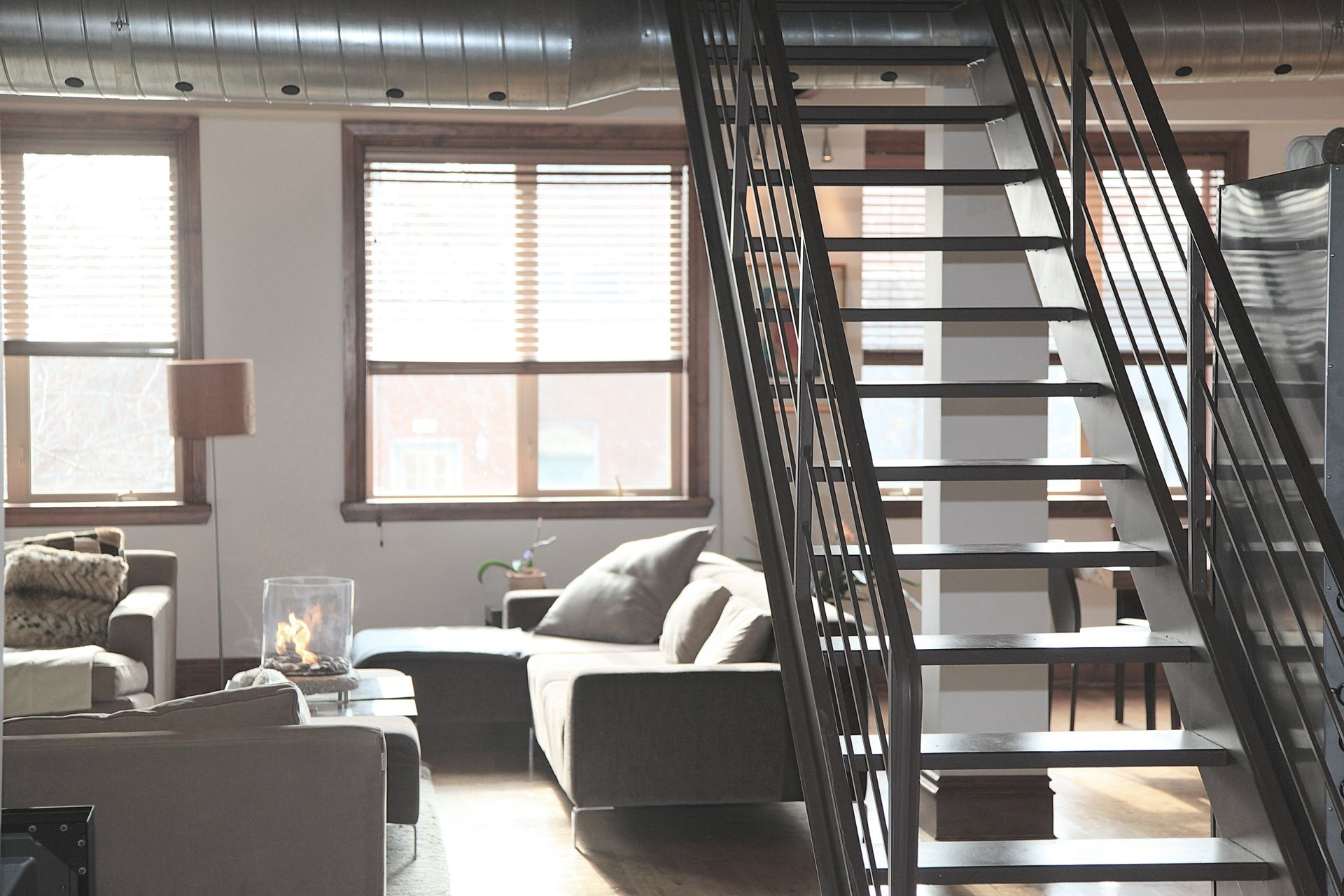Insurance Facts to Consider Before Renting Out Your Home
- by Cypress Insurance
- •
- 16 Jun, 2017
- •

In the sharing economy of today, many companies have cropped up and a few have been immensely successful in terms of their business strategy and business model. Some of these companies, like Airbnb, GoFundMe and Uber, have changed the way most people get in touch with the services they need. The home rental market is no different in this respect.
In the past, it was common for people to rent out their secondary house. However, now circumstances have changed significantly and many people have joined the bandwagon of renting out their primary house, or a room in their primary house for the purpose of earning some extra cash. This trend is common, especially during holiday seasons or during local events when there is a spur in demand for short-term rentals.
If you are considering renting out all or part of your house for a short period, keep in mind the potential risks before you take the leap.
Insurance Risks That Can Leave You Exposed
The risks associated with renting your house can be costly at times, and if you are unlucky, they can even be disastrous and catastrophic. This is especially true if you are not suitably prepared as a landlord. Just consider some of the most common exposures and you will get a good idea of what I am trying to convey:
- Suppose that your renter or one of their guests unfortunately fall down a long flight of stairs while vacationing at your house and end up getting seriously injured, what will happen in this situation? These renter injuries can haunt you for a long time.
- Imagine a situation in which your renter inadvertently starts a fire or leaves the water running long enough to flood your home. Alternatively, it can get even worse if they make an irresponsible decision of throwing a wild party at your residence and your house gets trashed or vandalized. This can lead to severe losses in the form of property damage, which can dent your plans of making quick bucks.
- How would the events unfold if someone drowns to their death in your swimming pool or becomes a victim of a lethal accident while drunk driving after attending a booze-laden party at your home? This can result in serious liabilities for you.
- Now, consider the consequences if your house is seriously damaged and is rendered inhabitable and you cannot rent it out either because it is getting fixed. How would you react to this income instability?
Your Coverage Options
The insurance consequences of the aforementioned grave scenarios can vary considerably, depending on the various terms and conditions of your insurance policy. Homeowners’ insurance policies usually fall into these 2 broad categories:
No Coverage
Numerous homeowners’ insurance policies do not cover you in the case of rental exposures. This means that in case you do not have special insurance coverage, you will be responsible for paying the bills in the startling and shocking scenarios that are listed above. As a rule, the liability rests with the owner of the property in case of injuries, theft and damages. If you are entangled in a liability lawsuit, it can linger on for months, or even years, and the legal fees could severely damage you financially.
Coverage If Renting Is Known
Many homeowners’ insurance policies will cover your residential and personal liability if you inform the insurance broker about your intention to rent out your house. A few of these policies will not cover your personal possessions while your home is being rented and may not cover the belongings of your tenants.
The takeaway is that you should thoroughly and carefully go through the specific language of your insurance policy before deciding to rent out whole or part of your house. In addition, it is also advisable to discuss with your property management company and agent if they can augment your homeowner policy with a short-term vacation rental insurance policy.
Additional Precautions
Even if you have covered yourself with an appropriate insurance policy, things can still go south. You can lower your risk exposure by taking a couple of precautions like:
- Carefully and comprehensively screening
potential tenants
- Creating and prominently
displaying a list of house rules and regulations
- Mandating a security deposit
- Giving your tenants enough
space for their belongings by removing your personal items
- Locking up your computers,
sensitive correspondence and valuables or removing them from your home during
the period of tenancy
Renting your house is a huge responsibility, and it can turn out to be a costly liability in case you are not adequately prepared and protected. Ensure that you have taken the requisite precautions to make it a profitable venture.



